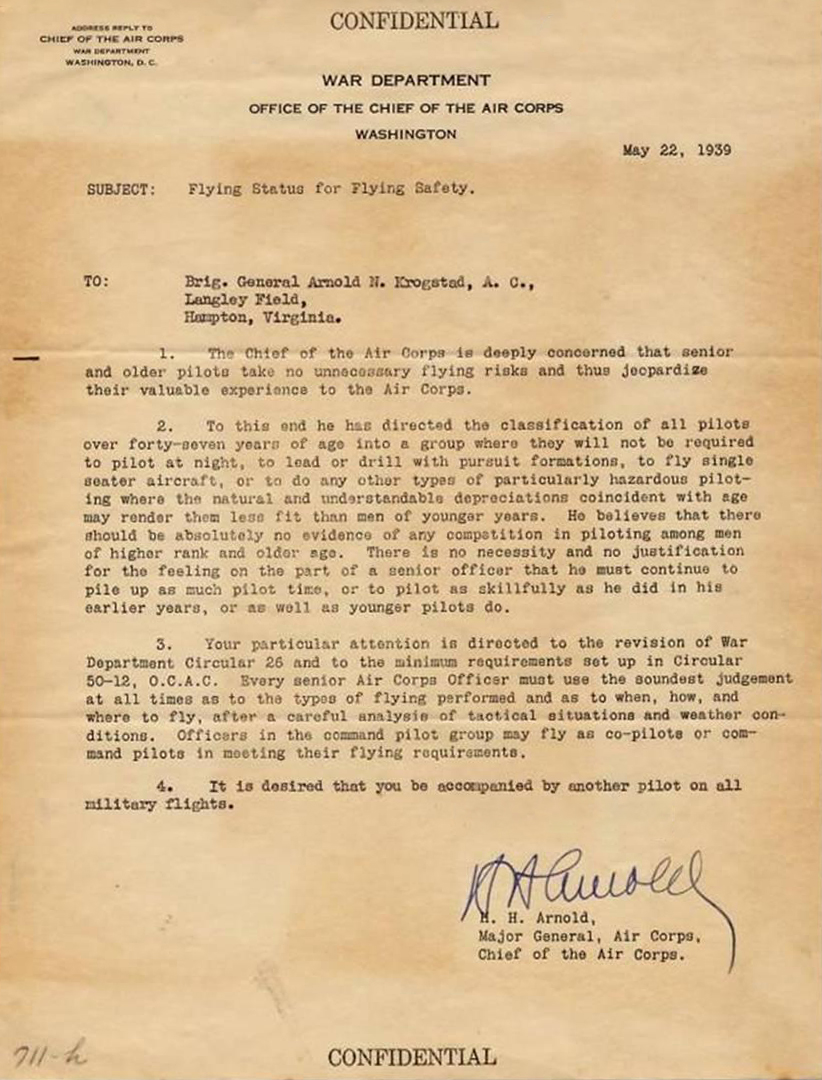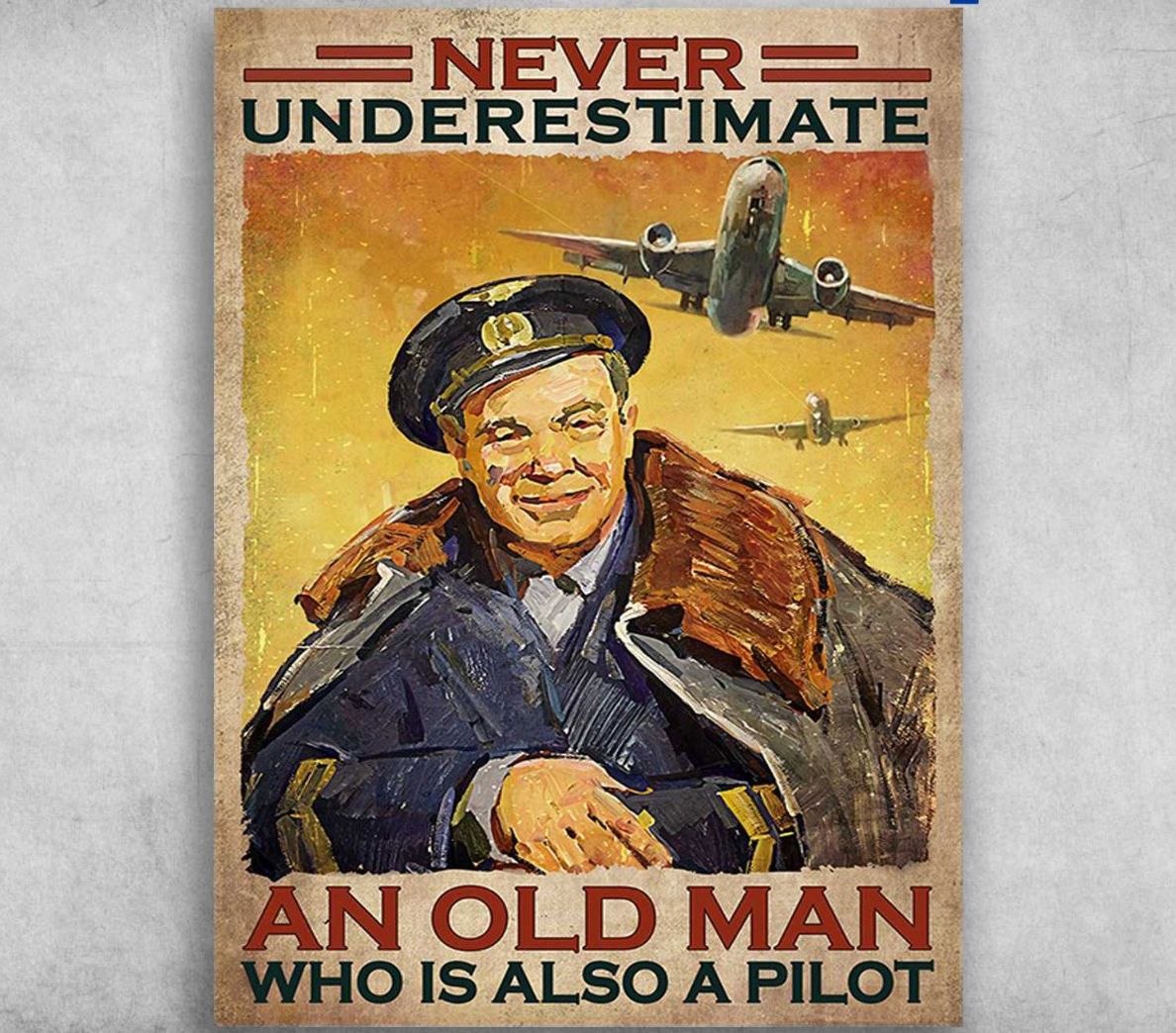As I write this I am 63, eight years passed when I thought I would retire and perhaps two years from when I will retire. The rules have changed and maybe they'll change some more. But as of this day, here is what I know on the subject of when you as a U.S. pilot must retire.
— James Albright

Updated:
2020-02-08

1
Some history
The FAA has had an "Age 60 Rule" since 1959 for Part 121 pilots that meant if an airline captain or first officer wanted to continue to fly for the airline, they had to leave the pilot's seat and find a flight engineer's position or head over to the training center. In 2007, the Public Law-110, Fair Treatment of Experienced Pilots Act raised the limit to 65. These limits remain in place today.
The question about Part 91 and 135 came up right away and the United States Court of Appeals ruled the these operators could apply the "Age 65 rule" at their discretion. This is our status today, as of this writing.
2
As of now (2020)
Domestic U.S. Operations
From everything that I've read and heard, if you are flying for a Part 91 or Part 135 operator, there is nothing regulatory that says you can no longer fly when you reach a certain age. I've know several in both categories flying in their seventies. That doesn't stop your company, however, from making company policy that forces you to retire at a younger age. Is this age discrimination? There are several cases in court that say so, but nothing has been decided yet. (As of this writing in February of 2020.) Part 121 pilots are impacted and can fly as pilots after they reach age 65. See From the Regulators, below.
International Operations
Pilots are prohibited by international rules for acting as the pilot on a Part 121 and Part 135 operations "engaged in international commercial air transport operations" if they have reached their 60th birthday (single pilot) or 65th birthday (more than one pilot). Note that there are countries that have exceptions to these rules. That is why, for example, Part 135 is not so restricted in the U.S. See From the Regulators, below.
3
From the regulators
The U.S.
- The Fair Treatment of Experienced Pilots Act (the Act) that was signed into law by the President on December 13, 2007. That Act is recorded as Public Law 110-135, and became effective immediately.
- In November, 2006, the International Civil Aviation Organization (ICAO) revised the maximum age for certain pilots in international operations from age 60 to age 65. Until December 13, 2007, the United States, an ICAO member state, limited its pilots operating under Title 14 of the Code of Federal Regulations (14 CFR) part 121 to age 60. Now those pilots may continue until age 65, as specified in the Act.
- Key provisions of the Act include the following:
- As of December 13, 2007, part 121, § 121.383(c), specifying age 60, ceased to be effective.
- A pilot age 60+ acting as pilot in command (PIC) in international operations must be paired with a pilot under age 60 (consistent with the current ICAO requirement).
- In domestic operations both pilots may be age 60+.
- It permits the continued employment of a pilot who reaches age 60 on or after 12/13/07.
- It permits the employment as a new-hire a pilot who reached age 60 before 12/13/07.
- Any pilot age 60+ must hold a first-class medical certificate, with a duration of 6 months.
- Any air carrier employing pilots age 60+ must adjust its training program to ensure such pilots’ skill and judgment continue at acceptable levels.
- No air carrier may use the services of any person as a pilot on an airplane engaged in operations under part 121 if that person has reached his or her 65th birthday.
Source: Fair Treatment of Experienced Pilots Act(The Age 65 Law) Information, Questions and Answers
International
Limitation of privileges of pilots who have attained their 60th birthday and curtailment of privileges of pilots who have attained their 65th birthday
- A Contracting State, having issued pilot licenses, shall not permit the holders thereof to act as pilot-in-command of an aircraft engaged in international commercial air transport operations if the license holders have attained their 60th birthday or, in the case of operations with more than one pilot where the other pilot is younger than 60 years of age, their 65th birthday.
- Recommendation.— A Contracting State, having issued pilot licenses, should not permit the holders thereof to act as co-pilot of an aircraft engaged in international commercial air transport operations if the license holders have attained their 65th birthday.
Source: ICAO Annex 1, §2.1.10
You might wonder if other countries have the same rule. Unfortunately, that is the wrong question. All ICAO rules apply to all ICAO members, unless a country takes explicit exception to a particular rule. In other words, if they don't say you can fly older than the ICAO limits, you cannot. EASA, for example, does not make an exception so the rules apply.
References
(Source material)
Fair Treatment of Experienced Pilots Act Information, Questions and Answers, Updated May 9, 2019
ICAO Annex 1 - Personnel Licensing, International Standards and Recommended Practices, Annex 1 to the Convention on International Civil Aviation, July 2011

